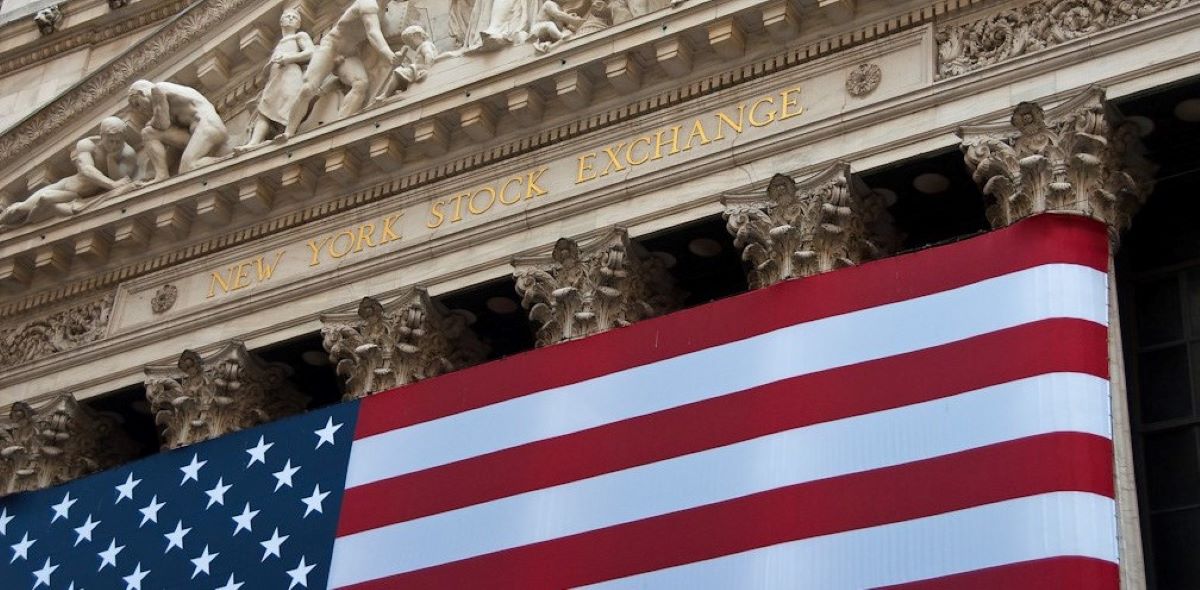A critical examination of capitalism shows it can only function on violence. The sources of this violence vary extensively, from government military expenditure, surveillance and borders to private property regimes, imperialist laws and labour exploitation. These institutions that alienate and divide are upheld by a cultural hegemony that dictates that there is no alternative.
The US and western Europe account for the majority of annual government military spending despite being home to just 10 per cent of the world’s population. In 2015, the US defence department was the largest employer in the world. The concentration and scale of western military power is promoted as necessary for global peace and security.
As US and European governments spend the most on war, naturally corporations that are headquartered, influential and protected there sell the most weapons. Sixty-four of the top 100 grossing arms companies are based in the US or Europe, accounting for $394 billion (74 per cent) of worldwide sales. These sales ensure a constant supply of ammunition is available for governments to enforce imperialism at home and abroad on marginalised people and racialised others, sustaining global inequalities and immiserating large swathes of the global south.
Instrumental in these processes is a complex web of western governments, liberal and conservative politicians who are themselves shareholders and landlords, powerful arms industry think tanks and lobbies, and, crucially, the finance sector.
A secret marketplace
To understand the role of the finance sector in the military industrial complex, some background is necessary. Since the 2008 financial crash, trillions of dollars have been printed by central banks for governments through ‘quantitative easing’, which expands capital to help stimulate the economy.
Unlike in the post-war period, this money has not funded housing, healthcare or the welfare state, and has instead pushed up asset prices and further fuelled wealth inequality. This government spending is classed as debt (because it’s essentially limitless borrowing from its own bank) and then used by politicians to falsely claim the economy is broken when the government does not want to spend on policies it does not like. It then spends on what it likes and allows excess cash to flow into tax havens.
A 2021 report by Europol estimated that more than 10 per cent of global GDP is now held in tax havens around the world. High-profile leaks such as the Panama and Paradise Papers have revealed the global network of corporations, politicians and celebrities who funnel their wealth away, further enriching themselves at the expense of ordinary people. The UK and its overseas territories are ranked by the Tax Justice Network as the most secretive and largest jurisdiction globally for offshore activity.
Meanwhile, in a world of interlinked 24-hour financial markets, the gap between the world’s richest – and therefore most powerful – rises at dramatic rates to create profound inequality. By 2019, the financial markets were shifting $36 trillion every day through stocks, derivatives, foreign currencies and wholesale commodities by the boatload. Formed in the 16th century, these markets were initially used to raise capital to float slave ships. Today they remain, as J A Hobson famously put it, the ‘governor of the imperial engine’.
Joining the dots
This vast accumulation of wealth by the finance sector, in turn, allows it to directly fuel weapons sales. Nine of the 10 largest arms-producing companies are based in the US and Europe and are listed on US and European stock exchanges. Their shares are bought and sold by pension funds and savings banks – as well as local authorities and religious groups – believing it is their fiduciary duty to maximise returns for their shareholders without any critical thought.
Vast numbers of us are complicit in the ongoing military machine and profit from imperial wars, whether we like it or not.
Blackrock and Vanguard manage financial assets worth more than the GDP of Africa and South America combined
The arms companies use the same banks, accountants, lawyers and insurance firms used by political parties and many members of the public. As with many listed companies, their shareholders are increasingly dominated by a few colossal financial firms, even if they act as intermediaries on behalf of wealthy clients.
Two of the biggest investment firms, Blackrock and Vanguard, based in the US, manage financial assets worth well over $20 trillion, which is more than the GDP of Africa and South America combined. They have stakes in land, farms, food manufacturers, hospitals, supermarkets, mines and energy companies.
In numerous cases, illicit financial flows directly uphold oppressive and draconian regimes around the world. For example, the Panama Papers revealed the extensive network of shell companies that allowed Bashar Al-Assad’s regime of terror in Syria to sidestep international sanctions and financed Assad’s ongoing war. One company registered by Mossack Fonseca, Maxima Middle East Trading, allowed the Syrian regime to continue to import fuel, despite international embargoes, through shell companies located across the United Arab Emirates, Syria, Switzerland and the Netherlands.
Transformative solutions
The UK currently imposes a miserly 0.5 per cent tax on the value of purchases in British company shares. However, the revenues raised through this tax have not addressed the growth of financial firm profits and the sector’s dominance in politics, the concentration of capital accumulation and wealth or reduced inequalities in any meaningful way.
A new comprehensive financial transactions tax across all asset classes traded in the UK, not just British shares, would have global significance and be subject to global lobbying. As I argue in my recent paper, ‘Recalibrating Financial Transaction Tax Policy Narratives‘, a campaign for such a tax must centre reparationists and black movements demanding the systemic eradication of imperial exploitation, war and ecocide to bring about much-needed world peace.











